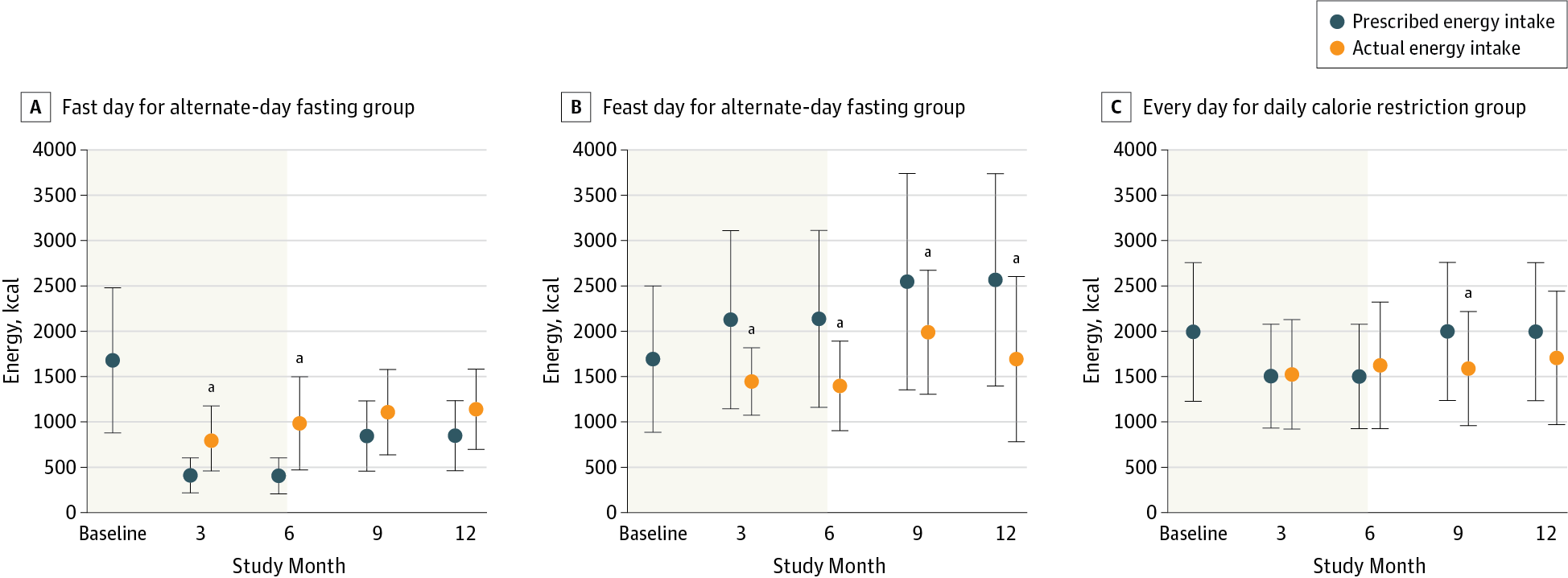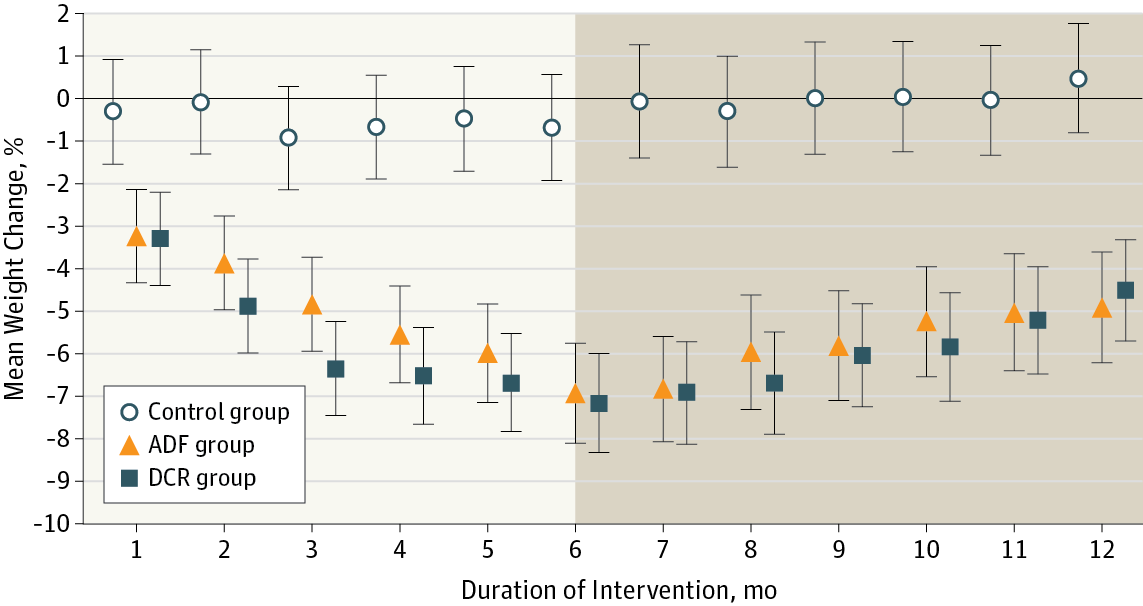Intermittent fasting or severely limiting calorie intake every other day has been suggested as an easier way to lose weight than the usual dieting. However, a new study suggests that the most important thing is to keep calories low, regardless of method.

An ever-increasing proportion of the world population is overweight. Worldwide obesity has more than doubled since 1980.
Dieting down and then successfully stay at your goal weight is hard, however, and it has been shown that about half of all people taking part in dietary studies successfully follow their recommended diet after one year.
Intermittent fasting has been hailed as an irregular but highly advantageous method to lose weight and to promote health. The 5:2 diet gained became a popular dieting method a couple of years ago when first presented in a BBC Horizon documentary with Micheal Mosley.
Alternate day fasting has also become a popular diet. Just as the name suggests, the diet implies that you eat very little every other day, preferably water fasting but in some variant about 500 calories every other day.
An American research team has now aimed to assess if a fasting diet is more effective in the long run, compared to regular dieting.
The researchers selected 100 random people, all of whom were classified as overweight. They divided these participants into three groups.
One group was allowed to eat according to the principle of every other day fasting and another group was to follow a more regular diet with fewer calories.
There was also a third control group, who did not receive any special instructions. The participants were to lose weight during the first six months and then hold this weight for another six months.

Before the study began, the researcher hypothesis was that the group who were too fast every other day would lose more weight, but this was actually not the case. Both groups who were eating less had lost weight and the differences between them were not statistically significant.
The group who fasted every other day did not reduce the risk of cardiovascular disease more than the group who ate fewer calories throughout the period.
Health markers did not show a significant difference between the dieting groups, no significant differences in fasting insulin, fasting plasma glucose did not differ, nor did high-sensitivity C-reactive protein (inflammation marker) and homocysteine levels (heart disease marker) did not differ significantly

The results are in line with previous studies suggesting that a fasting diet is no better than normal calorie restriction for those who want to lose weight.
“The alternate-day fasting diet was not superior to the daily calorie restriction diet with regard to adherence, weight loss, weight maintenance, or improvement in risk indicators for cardiovascular disease.”
– The researchers conclude.
The study, published in the journal Jama Internal Medicine, is so far the most comprehensive study to compare a varied-fast with regular calorie restriction, according to the researchers, even so, they do point out that the study period was short.
More people in the fasting group abandoned the study, which would indicate the dieting regimen being less easy to follow over a long period of time. For some individuals, fasting might be a better option however, the researchers say.
Reference:
John F. Trepanowski Effect of Alternate-Day Fasting on Weight Loss, Weight Maintenance, and Cardioprotection Among Metabolically Healthy Obese AdultsA Randomized Clinical Trial






















